Drug Overdose Prevention Program
Mission
To advance and evaluate statewide and local interventions for preventing fatal overdoses and decreasing substance use-related harms by implementing data driven, racially equitable public health strategies.
What we do
-
Partner with the Governor’s Overdose Task Force to implement the statewide Strategic Action Plan focused on Prevention, Treatment, Rescue, and Recovery.
-
Ensure equitable, low-barrier community access to naloxone and harm reduction tools and education.
-
Improve public access to Rhode Island drug overdose data as well as local harm reduction, treatment, and recovery support resources through PreventOverdoseRI.org.
-
Coordinate a multi-disciplinary Overdose Fatality Review (OFR) Team, in partnership with the Substance Use Epidemiology Program, to increase collaboration across systems, identify opportunities to prevent overdoses, and provide recommendations for policies, services, and initiatives.
-
Collaborate with peer navigators to provide outreach services, such as overdose prevention education, basic needs, harm reduction, and treatment and recovery support, to people living in regions most impacted by overdose.
-
Analyze and evaluate harm reduction data to highlight trends in safer drug use supply distribution and linkages to care by RIDOH-funded mobile outreach organizations.
-
Coordinate with the Rhode Island Prescription Drug Monitoring Program (PDMP) to increase prescriber and pharmacist use and reduce overprescribing and contraindicated prescription drug combinations.
-
Educate Rhode Island prescribers on updated opioid prescribing guidelines, evidence-based practices for screening, and local treatment and recovery support resources through continuing medical education opportunities.
-
Monitor statewide drug overdose activity using RIDOH’s enhanced data surveillance systems in collaboration with the Substance Use Epidemiology Program. Utilize these data to inform Rhode Islanders of increased overdose activity and drive statewide prevention efforts.
-
Utilize the RIDOH Opioid and Stimulant Use Data Hub to highlight municipal, county, and statewide trends on harm reduction services and supply distribution, fatal overdoses, non-fatal overdoses, non-fatal overdose toxicology, and prescribing.
-
Provide community partners with technical assistance and resources to rapidly respond to the overdose crisis.
-
Educate communities and individuals on substance use and overdose prevention resources through statewide public awareness campaigns.
-
Offer technical assistance to local and national partners as an expert advisor and model state in responding to the overdose crisis.
 Rhode Island Department of Health
Rhode Island Department of Health